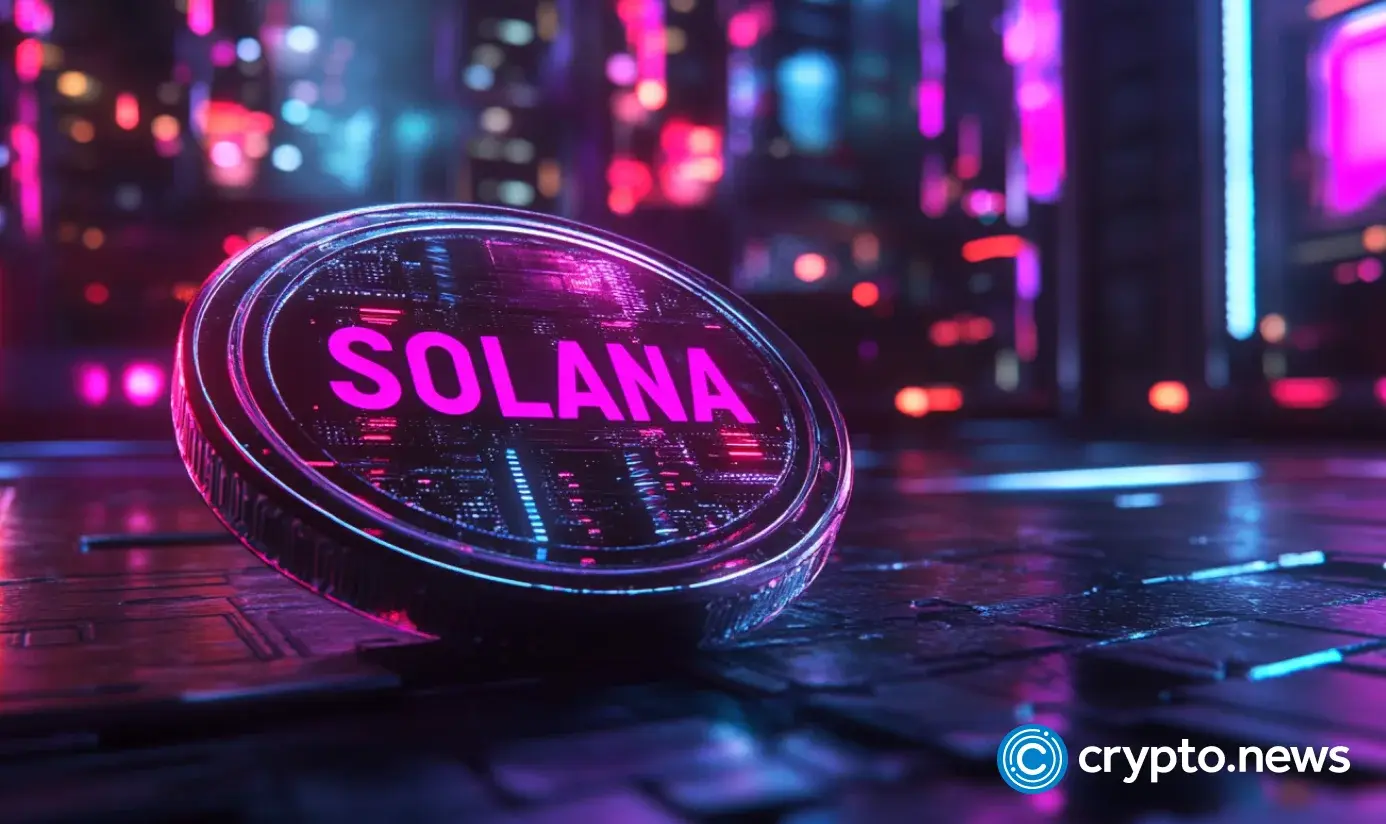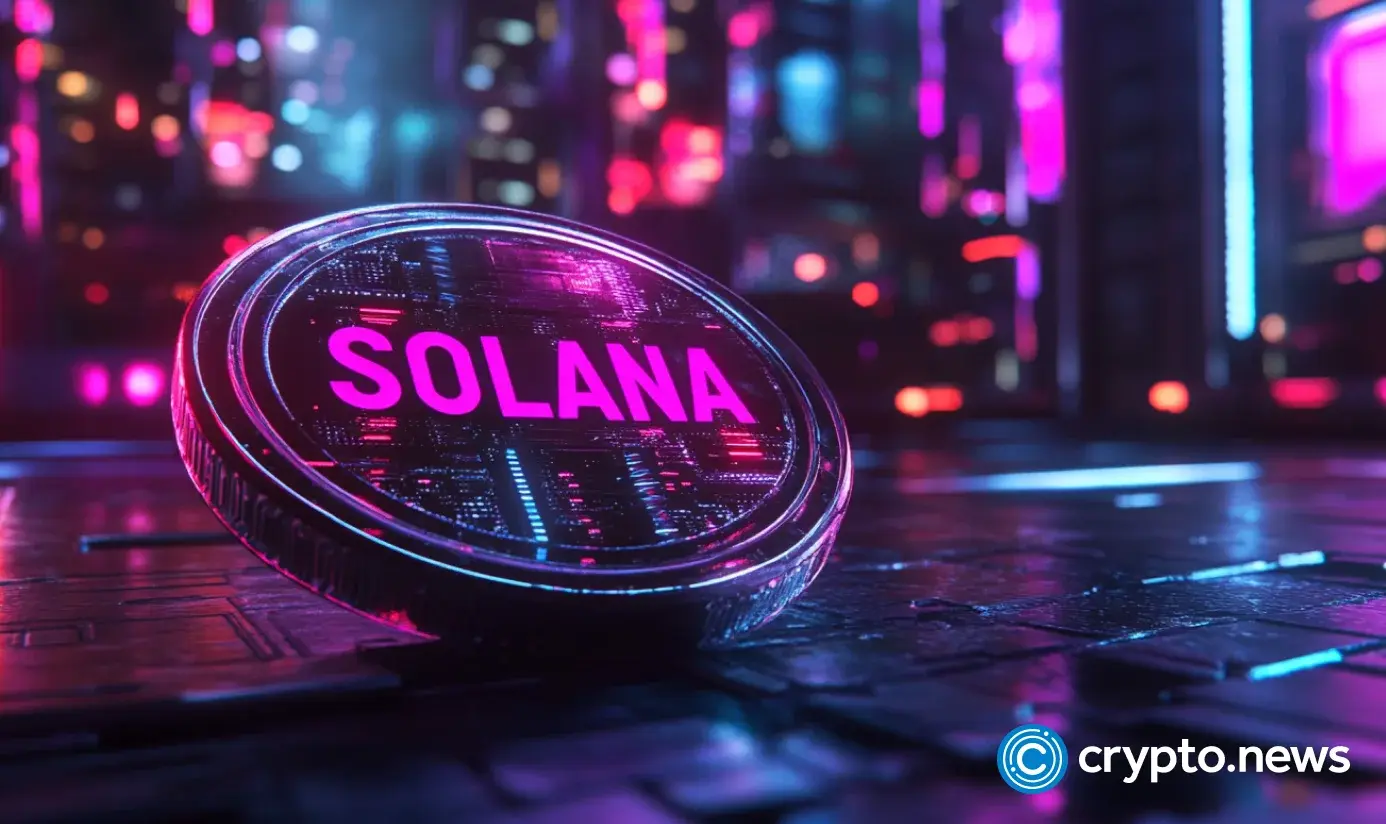

R3 will leverage Solana’s infrastructure to give financial institutions access to their own private blockchains.
Solana’s (SOL)new partnership will enable financial institutions to build on its scalable blockchain infrastructure. On Thursday, May 22, R3 has partnered with the Solana Foundation to use the Solana network for its private blockchains.
R3 will deploy its permissioned consensus module directly on Solana. This module will act as a bridge between Corda, R3’s private ledger designed for institutions, and Solana’s public blockchain. In this model, Solana will validate transactions and serve as the consensus layer for R3’s private networks.
The partnership aims to deliver “the first enterprise-grade, permissioned consensus service offered to the public directly on a Layer 1 network,” according to R3’s press release. The goal is to bring traditional finance and decentralized finance into closer alignment.
Despite the collaboration, Corda’s networks will remain private and permissioned. Transactions will only be visible to the involved parties. The network will publish just enough information to validate transactions, without making them publicly accessible.
R3 brings $10 billion in RWAs to Solana
The partnership will also bring 10 billion dollars in regulated real-world assets from R3’s platform to Solana. These include bonds, securities, and other assets issued by financial institutions on Corda. According to Lily Liu, president of the Solana Foundation, the integration marks a major step toward institutional adoption of public blockchain infrastructure.
“R3’s decision to bring its regulated financial network onto Solana is powerful validation that public blockchains have reached institutional readiness. With Solana’s unmatched performance, enterprise-grade permissioning, and growing roster of regulated assets, we’re not just witnessing convergence between TradFi and DeFi – we’re enabling it,” Lily Liu, Solana Foundation
Private blockchains continue to serve a key use case for enterprises and financial institutions. They provide an immutable ledger for storing critical data, including transactions, accounts, and supply chain records. Unlike public blockchains, however, only approved participants can access or interact with the data.

Source link

